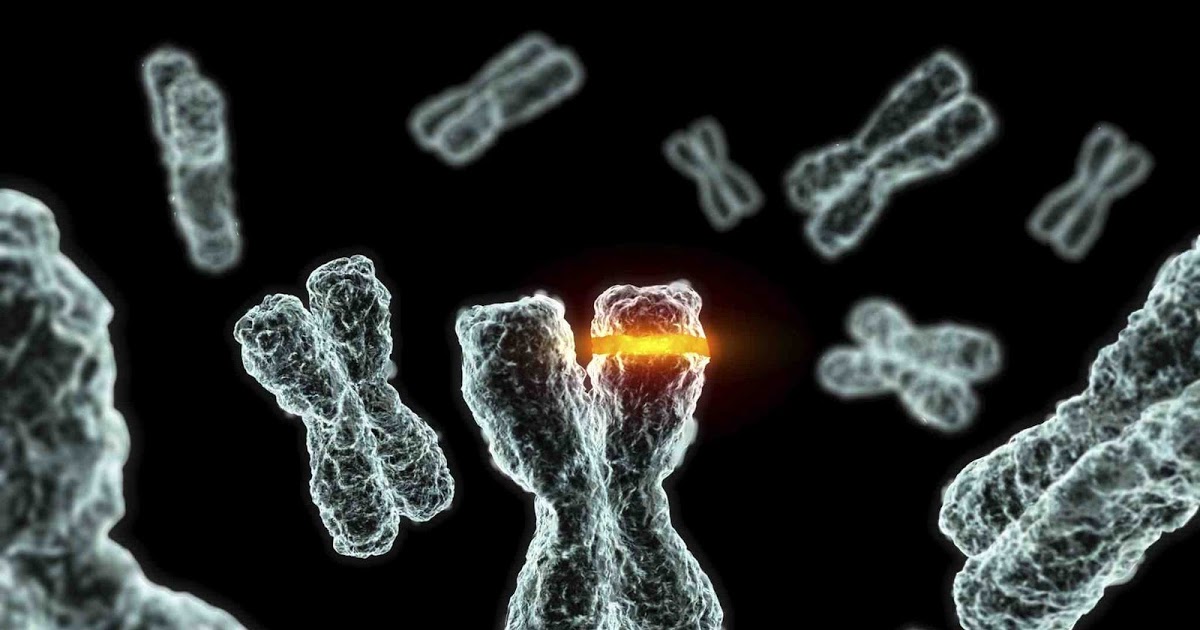What Causes Angiomyolipoma?
Angiomyolipoma is a benign tumor of the kidney composed of smooth muscle cells, fat, and thick vessels. While it isn't cancerous, angiomyolipoma can still grow large enough that it impairs the function of the kidney. It can also cause blood vessels to dilate and eventually burst. For some patients, rupturing of the blood vessels is the first symptom of the tumor, and it can result in hemorrhaging, pain, vomiting, and nausea. This type of tumor usually affects the kidneys, but it can also be found in the liver or sometimes other organs.
In most cases, angiomyolipoma does not require surgery unless it causes bleeding or impairs kidney function. The following are the five most common causes of angiomyolipoma.
Progenitor Cell Mutation

Angiomyolipoma is always caused by a progenitor cell mutation. Progenitor cells are cells that tend to differentiate into specific types of cells, like stem cells, but are more specific than stem cells and pushed to become their "target" cells. These cells cannot reproduce and divide indefinitely. The tumor can be associated with a disease, or it can develop sporadically, but it is always caused by mutations in the TSC1 or TSC2 genes that control cell proliferation and growth.
Angiomyolipomas are made up of immature smooth muscle cells, vascular cells, and fat cells. All three components are believed to come from a common progenitor cell that developed a "second-hit" mutation. This hypothesis states that cancer comes from accumulated mutations in the DNA.
Keep reading to learn about another serious condition that can cause this disease.
Tuberous Sclerosis

Angiomyolipoma is strongly associated with tuberous sclerosis, a genetic disease in which most individuals develop angiomyolipomas on one or both kidneys. This genetic disorder is rare and affects multiple bodily systems, causing benign tumors to develop in vital organs such as the brain, eyes, lungs, and kidneys. It can also cause other symptoms such as behavioral issues, developmental delay, intellectual delay, kidney disease, and skin abnormalities. More than fifty percent of patients with tuberous sclerosis (TS) also develop angiomyolipoma.
It is common for people with TS to require at least one form of intervention over their lifetime to treat tumors. Considering TS can impair kidney function, it is possible for the kidney to lose up to half of its function before the loss is detectable. Treatment usually involves embolization to shrink the tumor and reduce the risk of bleeding.
Continue to discover a rare illness that can cause angiomyolipoma to develop.
